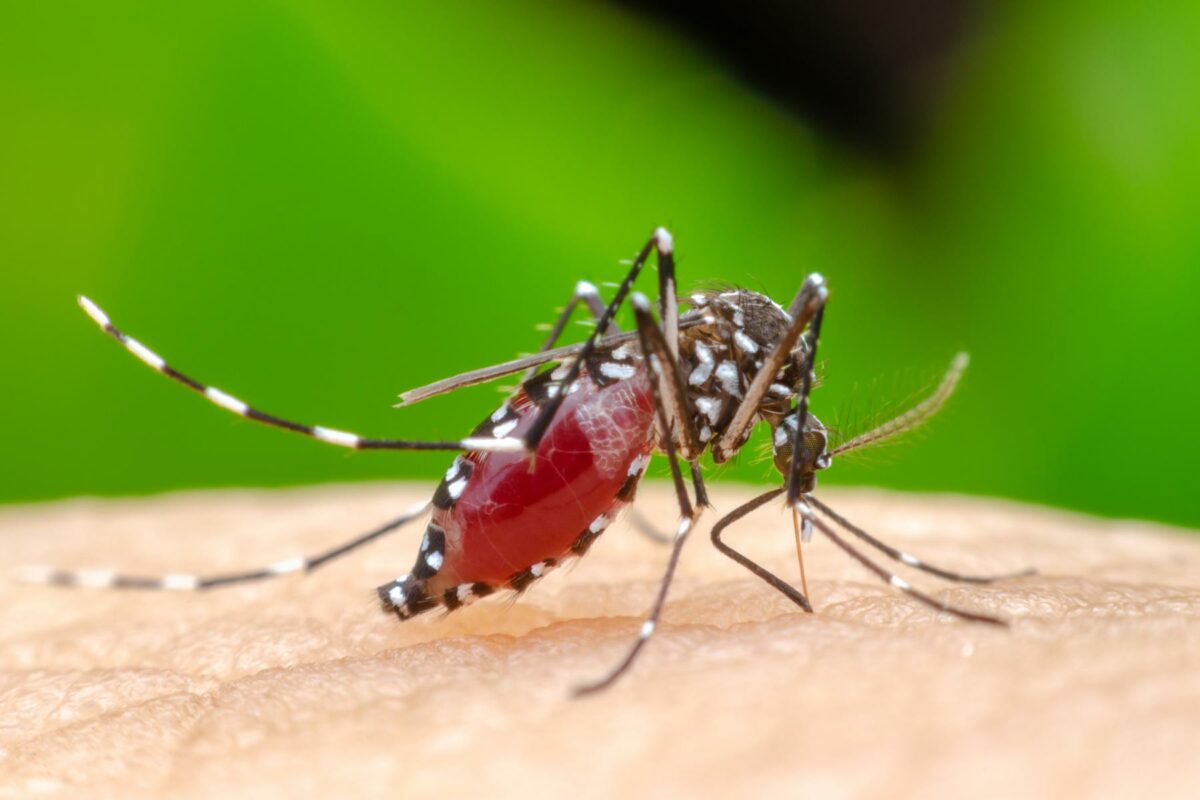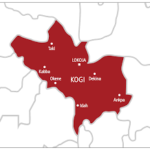Dr. Abba Zakari Umar
Nigeria is home to the world’s largest malaria burden: 27 percent of all malaria cases happen here, according to the 2020 World Malaria Report, as do 23 per cent of the global malaria deaths.
A lot of work is under way to get the mosquito-borne parasite under control. The United States President’s Malaria Initiative has invested some $635 million in Nigeria since 2011. The Global Fund to Fight AIDS, Tuberculosis and Malaria has also committed significant resources, and so have many others. The Federal Government of Nigeria is doing its part: in 2019 it invested $261,799,700 towards malaria elimination efforts. Despite all these, more still need to be done.
- Kano procures 5 bulls for artificial insemination, targets 25,000 cattle annually
- APC spends N2.5bn on secretariat building
We know that to end malaria, we cannot use a one-size-fits-all approach. Each region faces different challenges and therefore has different needs. A tailor-made solution is the only way to go, but we’ve found that one of the main problems preventing the creation of more targeted malaria interventions is the lack of quality data—indicators about disease incidence, mosquito breeding patterns, availability and efficacy of treatments, communities with active malaria fighting programs —all of which are critical pieces of information in determining how to best address the realities and needs of each community.
The challenge in generating quality data reflects wider weaknesses in our country’s health infrastructure, which, when improved will likely make a positive impact on other diseases, such as HIV and Tuberculosis. What we need is a functional health information system that can provide real-time data for tracking the progress of malaria control, advocating for adequate investments, supporting appropriate allocation and targeting of resources, and for disease surveillance.
The USAID PMI for States Activity led by Management Sciences for Health (MSH), together with partners including WHO, the Global Fund, and the National Malaria Elimination Programme] (NMEP) built a web-based platform that harmonizes and integrates all available malaria-related data in the country into one central place, the National Malaria Data Repository (NMDR). It includes data on disease incidence, efficacy of treatments, distribution of malaria medicines, and preventive measures like insecticide-treated nets.
Having all this important information in one easily accessible location helps us make better decisions. For example, we compared data on malaria treatment with data on drug distribution to understand where there is more demand for commodities to avoid a stock out. Data on insecticide-treated net campaigns are compared with data on malaria incidence to find out how effective the campaign has been in preventing new malaria infections.
We are beginning to see positive results from the NMDR. The platform generates periodic data bulletins that key malaria stakeholders use to make immediate decisions and course corrections. This process has improved decision making from a hit-or-miss approach to an evidence-driven set of actions. It has optimized the use of scarce resources and improved transparency and accountability by monitoring how resources are used. Further, it has improved data quality through its interactive dashboard by allowing data from different sources to be compared over a period to establish relationships and detect data quality issues. That, in turn, has enabled us to draw more accurate estimates of malaria burden, rather than estimated figures which was the practice before the creation of the NMDR.
With this central data hub, Nigeria has become one of the first countries to join the global drive to use real-time data to help eliminate malaria. Ghana, Mozambique, Uganda, and Tanzania are also in the process of developing similar data hubs—in accordance with WHO’s Global Malaria Strategy.
However, for the NMDR to realize its full potential, to make a lasting impact and get us closer to real malaria elimination, Nigeria’s National Malaria Elimination Programme must strengthen its coordination with State Malaria Elimination Programmes to ensure they regularly provide data and content for the NMDR. There should be similar drives with health facilities to continue to provide updated data on malaria to the NMEP. Lastly, the Nigerian government needs to take over the management of the NMDR when donor support ends. We must sustain the momentum we worked so hard to build to ensure quality data plays a central role in decision making not only for malaria, but for other diseases that affect our country.
We are beginning to see how crucial health information systems are to effective malaria control and elimination, especially in high prevalence countries like Nigeria, where resources are scarce and health systems tend to be weak. Health information systems like the NMDR enable us to make more targeted interventions that address the needs of different groups—women, children, and men—so we can end malaria once and for all.
Dr. Umar is a malaria expert and Country Director of PMI for State, led by Management Sciences for Health

 Join Daily Trust WhatsApp Community For Quick Access To News and Happenings Around You.
Join Daily Trust WhatsApp Community For Quick Access To News and Happenings Around You.


